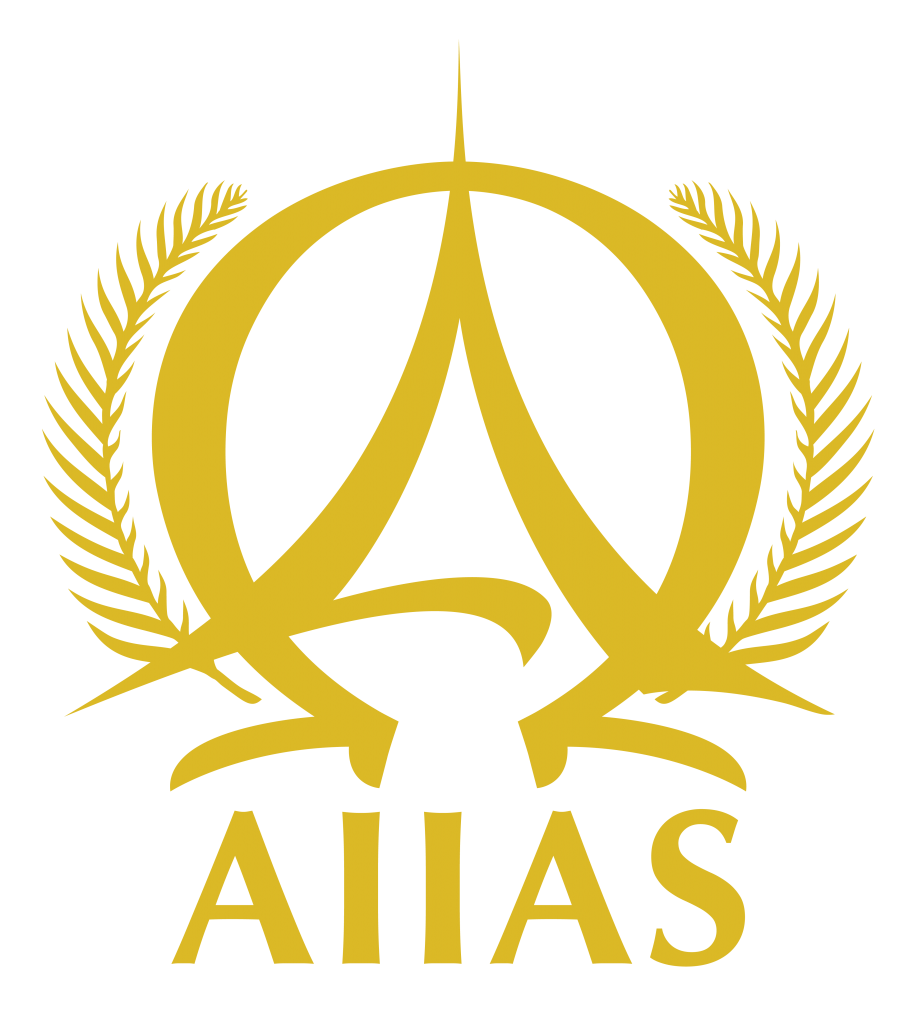For departmental inquiries, please contact:
Ivy Ambat at ivya@aiias.edu
Department Administrative Assistant
The Biblical Studies Department exists to develop competent leaders and scholars with a solid biblical foundation who exhibit clear scriptural thinking and practice relevant to the needs of a global church.
The Biblical Studies Department envisions being a top choice by the global church for developing reliable biblical scholars and leaders who responsibly interpret the word of truth.
Master of Arts in Religion (MA-R), with concentration
Biblical Languages
Old Testament
New Testament
Master of Theology (MTh), with concentration
Old Testament
New Testament
Doctor of Philosophy (PhD), with concentration
Old Testament
New Testament





